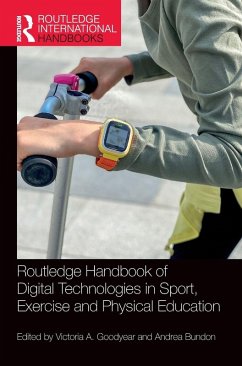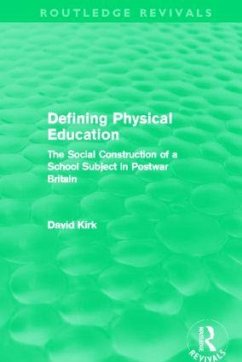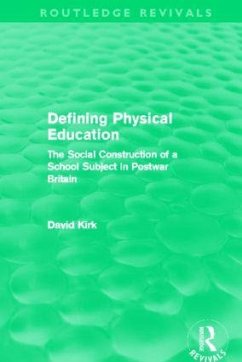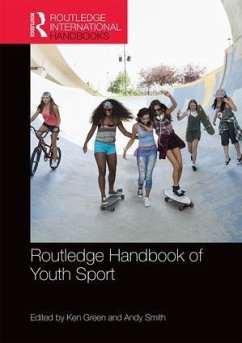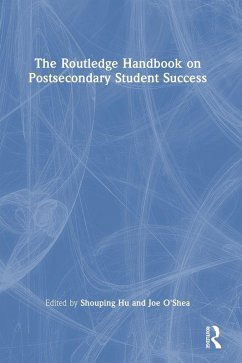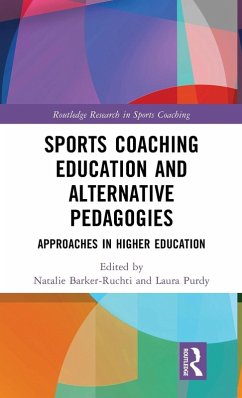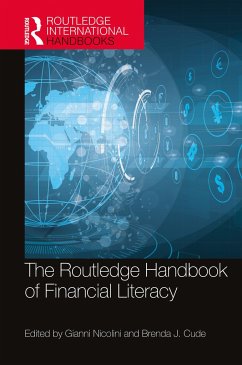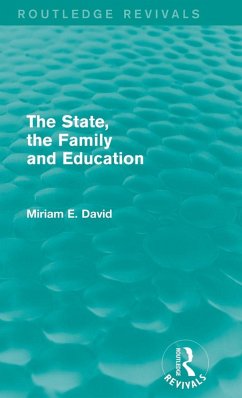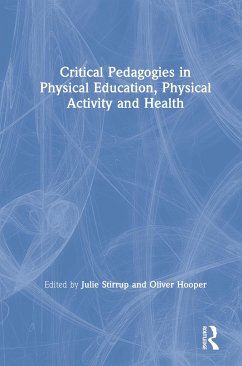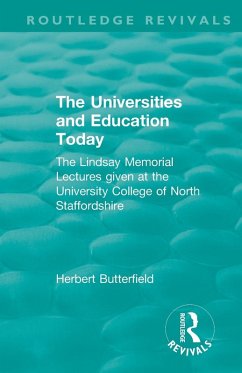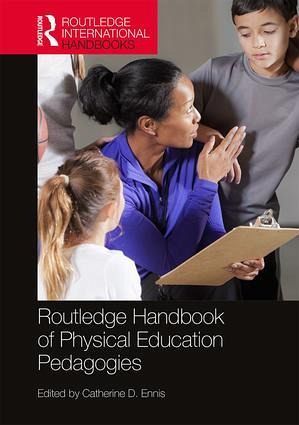
Routledge Handbook of Physical Education Pedagogies

PAYBACK Punkte
153 °P sammeln!
The first fully comprehensive review of theory, research and practice in physical education to be published in over a decade, this handbook represents an essential, evidence-based guide for all students, researchers and practitioners working in PE. Showcasing the latest research, it offers insights into programme development, student learning, and teaching across a variety of learning environments.





